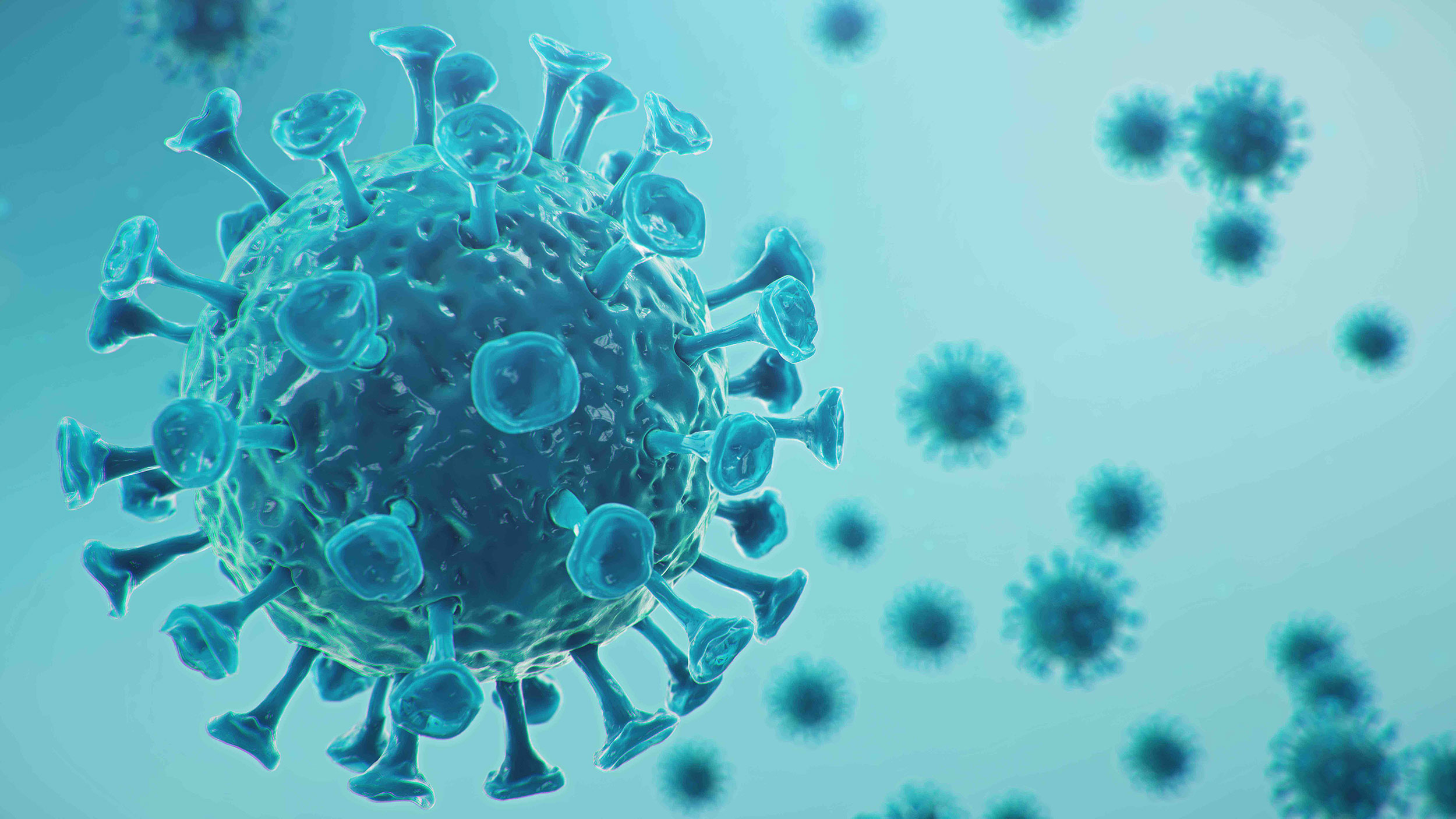
Looking after your mental health during the COVID-19 outbreak
2020 has started badly.
This summer’s catastrophic bush-fires caused loss of life, property, wildlife and income and even those not directly affected were bombarded with distressing imagery. The fires put a strain on our collective mental health, and many people are still struggling and will continue to do so with the traumatic impact revealing itself over the next months. And now we have the COVID-19 pandemic.
While some people may be more susceptible to becoming seriously ill with the coronavirus than others, none of us are immune to the pervading sense of anxiety that has taken hold around the world.
Tangible threat versus invisible enemy
While the bush-fires united us, coronavirus seems to be dividing us. There seems to be an ugly side to ways we might deal with the stress of an invisible, unknown enemy like COVID-19. Like blaming potential carriers for their own illnesses, or scapegoating people viewed as high-risk. This is not helpful. Another way me may try to manage our anxiety is by trying to control elements of our lives and prepare ourselves and our families for the possibility of isolation or quarantine. While this is reasonable to a degree, stockpiling loo paper and other goods can feed rather than relieve anxiety. Empty supermarket shelves create panic, and further disadvantage people who might be living from week to week. Epidemics isolate us from each other physically too, and this will only happen more and more.
Perspective
There are of course vulnerable members of our community, those with compromised immune systems due to illness or age. We need to protect these people as a community by creating safe spaces for them to live, work and access health care, rather than fostering panic. The objective of social distancing measures is to smooth out contagion rates to give our health-care system a better chance of coping with serious cases requiring intensive medical care.

It is reasonable for people to be concerned about the outbreak of coronavirus, but try to remember that medical, scientific and public health experts around the world are working hard to contain the virus, treat those affected and develop a vaccine as quickly as possible. There are some practical steps we can take, to keep coronavirus-related anxiety under control:
Find a healthy balance in relation to media coverage
Being exposed to large volumes of negative information can heighten feelings of anxiety. While it’s important to stay informed, you may find it useful to limit your media intake if it is upsetting you or your family.
Access good quality information
It’s important to get accurate information from credible sources such as those listed below. This will also help you maintain perspective and feel more in control.
· World Health Organization – coronavirus disease (COVID-19) outbreak
· Australian Government coronavirus (COVID-19) health alert
· smartraveller.gov.au – travel information for Australian citizens
Conversations with children and young people
Families and caregivers of children and young people should discuss news of the virus with those in their care in an open and honest way. Try to relate the facts without causing alarm, and in a way that is appropriate for their age and temperament. It is important to listen to any questions they may have, to let them know that they are safe and that it’s normal to feel concerned. If the media or the news is getting too much for them, encourage them to limit their exposure.
Try to maintain a practical and calm approach
Widespread panic can complicate efforts to manage the outbreak effectively. Do your best to stay calm and follow official advice, particularly around observing good hygiene habits and social distancing. Healthy, sensible steps we can all take:
- Avoid unnecessary travel and crowds.
- Wash your hands often with soap and water (or an alcohol-based hand sanitiser) for 20 seconds (see image below).
- Keep your hands away from your face, especially your eyes, mouth, and nose.
- Don’t use smoking, alcohol or other drugs to deal with your emotions. Keep your body as healthy as possible by eating well, exercising and getting enough sleep.
- Boost your immune system with enough sleep, exercise and sound nutrition.
Try not to make assumptions
To contribute to a sense of community wellbeing, try to remember that the coronavirus can affect anyone regardless of their nationality or ethnicity.
Seek support
It’s normal to feel overwhelmed by news of the outbreak, particularly if you have experienced mental health issues in the past. Medicare has announced bulk-billing telehealth codes for psychological treatment. The new MBS items will allow people to access essential health services in their home while they undergo self-isolation or quarantine, and reduce the risk of exposure to COVID-19 for vulnerable people in the community.
- Acknowledge feelings of distress and seek further professional support if required.
- Accept that it’s normal to feel sad, stressed, confused, scared or angry during an outbreak.
- Draw on skills you have used in the past that have helped you to get through difficult times.

At the end of the day, we all will need to learn to live with a degree of risk we can’t avoid. We’re on this journey together. News about the virus will likely grow worse, then grow better. Listen to public health experts who can help us navigate the path ahead. Take sensible steps that can help us all: get your bearings, practice good hygiene and use calming strategies that work for you. During the recent bush-fire crisis, I know the HP team were moved by the level of community support, compassion, caring and teamwork we witnessed all around us. We are committed to bringing that same spirit to this challenge. Please look after yourselves and each other.
Sam Young, MD Human Psychology


Sorry, the comment form is closed at this time.